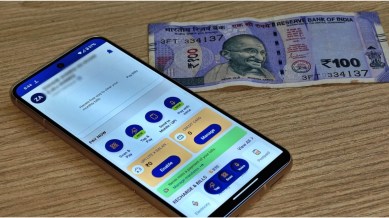UPI Circle allows you to add trusted users to your account: Here’s how
UPI Circle is a new feature that allows users to add their family and friends to make digital payments.

The National Payments Corporation of India, also known as NCPI recently introduced a new feature called “UPI Circle” that allows users to add their family and friends to pay using their account.
Introduced at the Reserve Bank of India’s August Monetary Policy Committee meeting, the new functionality will help those who depend on others to manage their finances, eventually increasing the number of people making digital payments across India. The feature is particularly useful for the elderly, children and housemakers who don’t have their own bank account and depend on others to make digital payments.
What do I need to know before using UPI Circle?
UPI Circle is basically a delegated payment system that allows users to share their primary UPI with others. The system consists of the primary user who is the account holder and controls the secondary user. Also, there are two types of delegation – full and partial.
Full delegation means the secondary user can make payments up to a limit without requiring the account holder’s permission for every transaction while Partial delegation allows the secondary user to initiate payment requests, which will then require the primary user to approve and complete the transaction using their UPI PIN.
According to the NCPI, users will be able to use the UPI app of their choice and requires users to enable biometric or passcode authentication for all secondary users.
To use the new feature, the primary user will need to scan a QR code or type in the UPI ID of the person they can share their account with followed by selecting the contact number of the secondary user from their contact list. Later on, primary users will be able to link up to five secondary users.
If you go with a full delegation, the monthly limit is set at Rs 15,000 per delegation and secondary users are limited to a transaction limit of Rs 5,000. Another thing to note here is that existing UPI limits are applicable in case of partial delegations. To prevent fraud, contact selection will be limited to contacts and user’s will not be able to manually enter mobile numbers.